Picture this: Google just dropped a Broadway-worthy burn on Apple, and honestly, it's kind of brilliant. The tech giant's latest ad campaign doesn't just throw shade at Apple's delayed AI features—it does it with full theatrical flair, complete with show tunes from "Wicked." According to WebProNews, Google's newest promotional push represents their boldest swing yet at positioning Pixel devices as the go-to choice for anyone who actually wants AI that works now, not "someday soon."
What makes this timing particularly strategic is how it exploits a credibility gap that Apple has created for itself. While Apple users continue waiting for promised AI enhancements, Google is essentially saying, "Hey, we're right here with working AI if you want it." The campaign taps into growing consumer frustration with Apple's perpetual "coming soon" messaging around artificial intelligence features.
When marketing meets musical theater
Here's where things get genuinely entertaining. Google's "Defying Gravity" advertisement takes the familiar iPhone and Pixel characters we've seen before and sends them on a journey down the Yellow Brick Road to visit the Wizard. As reported by PhoneArena, the 60-second spot has the iPhone character basically pleading for all the AI capabilities that Pixel already possesses.
The iPhone wants Gemini Live for natural back-and-forth conversations with AI. It wants Circle to Search functionality so users can actually find what they're looking for by just circling it on screen. Throughout this journey, there's this underlying message that the iPhone is essentially wishing for features that Google has already delivered to Pixel users.
But here's what makes the narrative particularly clever—while the iPhone seeks magical solutions from the Wizard, Pixel keeps trying to explain that these aren't mystical powers at all, they're just engineered capabilities. This metaphor perfectly captures the real-world dynamic where Apple treats AI announcements like grand reveals while Google positions them as practical tools. The whole thing culminates with both devices singing "Defying Gravity," and according to PhoneArena, this Broadway connection transforms a typical tech comparison into something that resonates emotionally—suggesting that choosing the right phone is about breaking free from limitations rather than just upgrading hardware.
Apple's AI delays become Google's opportunity
Now here's where Google really twists the knife, and the data backs up their attack. Apple has been struggling—and I mean really struggling—to deliver on their AI promises. Some of their advanced AI capabilities, including that more personalized Siri experience we've all been waiting for, have been pushed back so far that some features might not arrive until 2027. According to WebProNews, that's not a typo—we're talking about a three-year wait for features that competitors already offer.
This timeline creates a massive vulnerability that Google's campaign tagline exploits ruthlessly: "Change your definition of 'soon' or you could just change your phone." As noted by WebProNews, this line doesn't just mock Apple's delays—it reframes the entire conversation about consumer patience. Instead of asking users to wait indefinitely for hypothetical improvements, Google suggests that loyalty to delayed promises is actually the problem.
The psychological impact here is significant. Apple has conditioned users to accept "coming soon" as an acceptable answer for years, but Google's positioning makes that patience look foolish rather than loyal. While Apple users are stuck waiting for hypothetical improvements, Google transforms the narrative: patience isn't virtue, it's settling for less.
The ongoing "Best Phones Forever" rivalry
This Wicked-themed ad represents an escalation in Google's persistent "#BestPhonesForever" campaign series that's been running on YouTube for a while now. But analyzing the evolution of this campaign reveals something more strategic than simple mockery. According to Unilad Tech, previous episodes have featured Google teaming up with Samsung to critique Apple's technology lineup, including some pretty pointed criticism of the iPhone 14 Pro.
What's particularly revealing about the campaign's progression is how it's moved from defending Google's innovations to actively predicting Apple's next moves. The series consistently features an AI-voiced Pixel phone and iPhone as characters in various scenarios, from talk show appearances to podcast recordings. As reported by 9to5Google, Google has called out examples like Night Sight versus Night Mode, Magic Eraser versus Cleanup, and homescreen widgets—but the pattern reveals Google's confidence in its ability to set industry trends rather than just respond to them.
This shift from reactive marketing to predictive positioning suggests Google believes it's moved from playing catch-up to setting the pace. The company isn't just highlighting where Apple copies features anymore—it's positioning itself as the innovation leader that Apple inevitably follows.
What this means for the smartphone landscape
Google's aggressive marketing push reflects something bigger happening in the smartphone world, and the market response validates their strategy. We're at a point where AI capabilities are increasingly becoming the deciding factor for consumers, not just camera quality or battery life. According to PhoneArena, the Pixel 9 series has achieved record-breaking sales performance, becoming the best-selling Pixel lineup since the significant improvements they made with the Pixel 6 series back in 2021.
This sales success directly validates Google's marketing strategy—consumers aren't just entertained by the ads, they're actually switching phones based on the AI capabilities being highlighted. The Broadway theatrics work because they make a technical purchasing decision feel like an emotional liberation story.
Looking ahead, Google has positioned itself to capitalize on this momentum in ways that could fundamentally alter the competitive landscape. The upcoming Pixel 10 will feature Google's first completely in-house designed Tensor G5 processor. As noted by PhoneArena, this custom chip will potentially enable exclusive features that won't be available on competing devices—including iPhones. This hardware advantage means Google's marketing attacks will only intensify, backed by capabilities that Apple literally cannot match regardless of software improvements.
Meanwhile, Apple users continue waiting for comprehensive Apple Intelligence features, and according to Android Headlines, what they've received so far hasn't exactly been impressive. Apple users have gotten only limited AI functionality that many competing devices already provide, and frankly, much of it doesn't work particularly well. This creates a compounding problem where each delay makes Google's "stop waiting" message more compelling.
The theater of tech competition
What strikes me most about Google's Wicked campaign is how it signals a fundamental shift in how tech companies must compete in mature markets. This campaign succeeds not just because it highlights Google's technical advantages, but because it transforms a utilitarian purchasing decision into an identity choice about accepting limitations versus embracing possibilities.
The Broadway musical angle works because it reframes competition from spec sheets to storytelling. When you watch the iPhone character singing about wanting AI features while the Pixel character already has them, it crystallizes the competitive landscape in a way that purely technical marketing never could. The emotional resonance makes switching phones feel like personal empowerment rather than simple brand disloyalty.
This approach suggests we're entering an era where smartphone hardware differences are becoming increasingly subtle, but the companies that can best narrativize those differences will win market share. Google just proved that sometimes the best way to highlight technical superiority is through emotional storytelling that makes competitors look not just inferior, but outdated in their entire approach to innovation.
Bottom line: Google's theatrical strategy represents more than clever marketing—it's a blueprint for how tech companies will compete when products become commoditized. As both companies prepare for their next product cycles, this campaign hints that the real battle won't be fought in engineering labs alone, but in the stories companies tell about why their engineering philosophy deserves customer loyalty. And honestly, if Apple doesn't deliver on their AI promises soon, they might find themselves singing a very different tune—one where they're no longer setting the tempo for the entire industry.







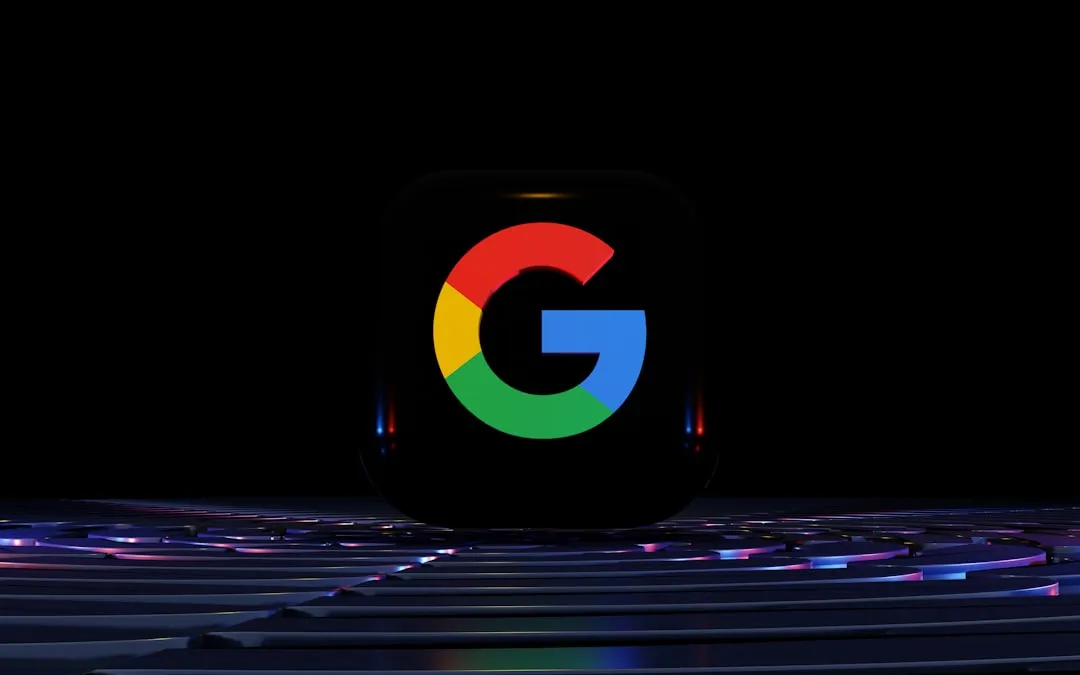
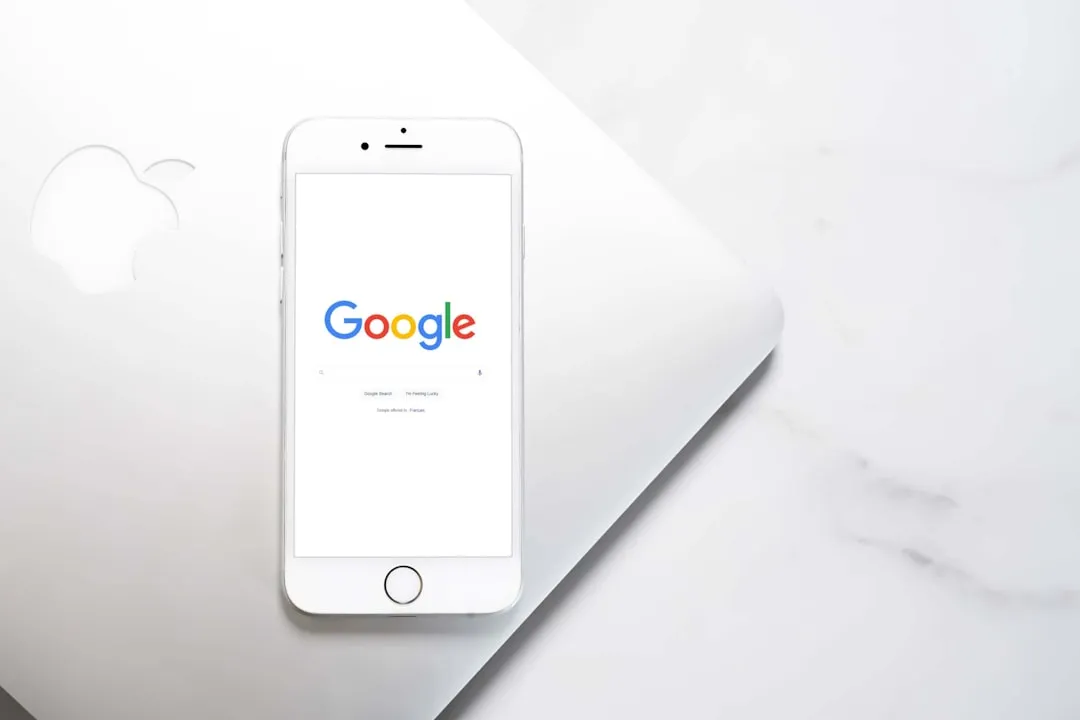



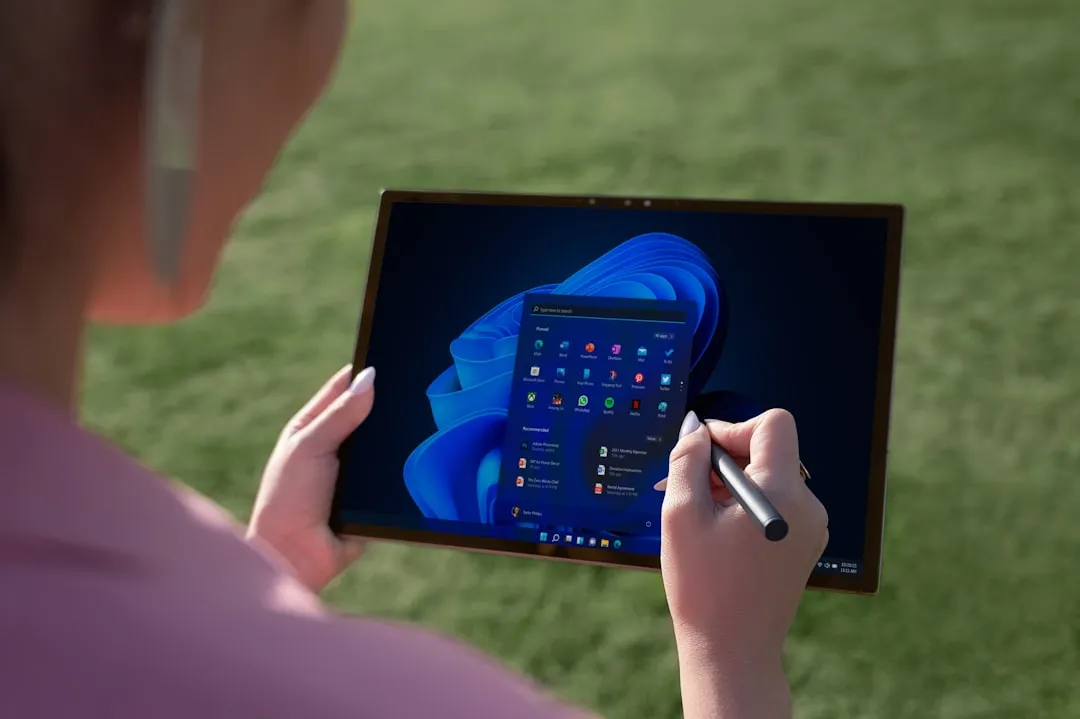
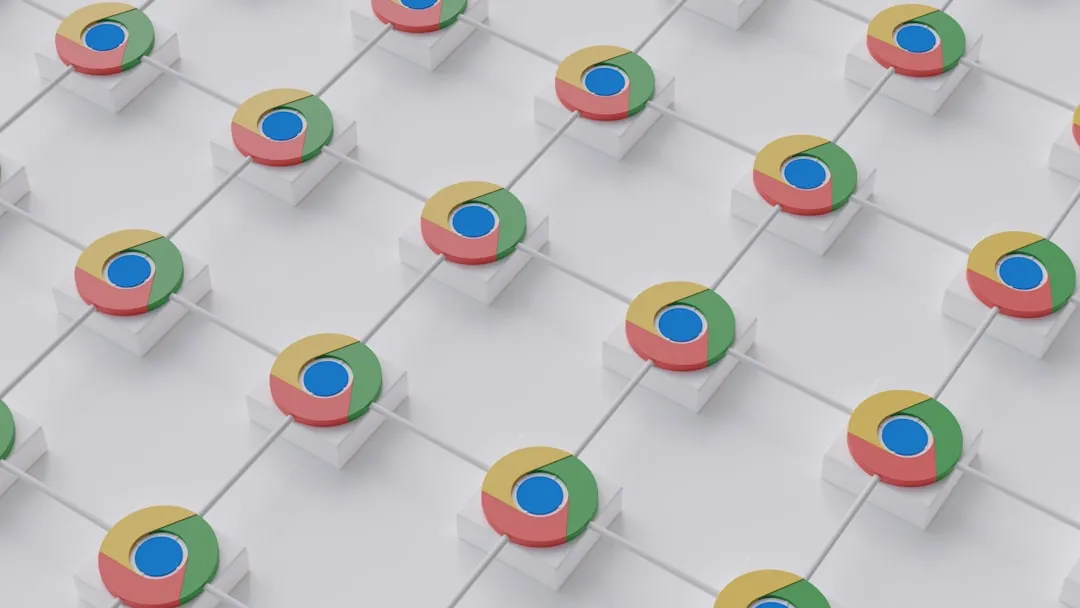
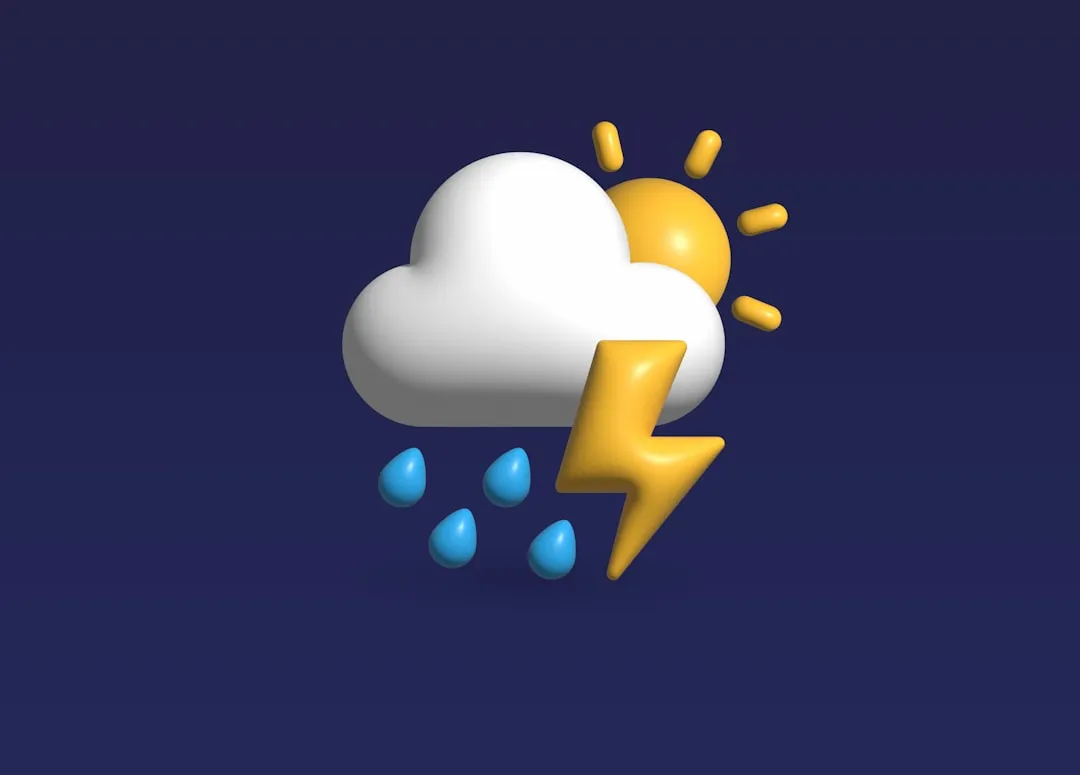
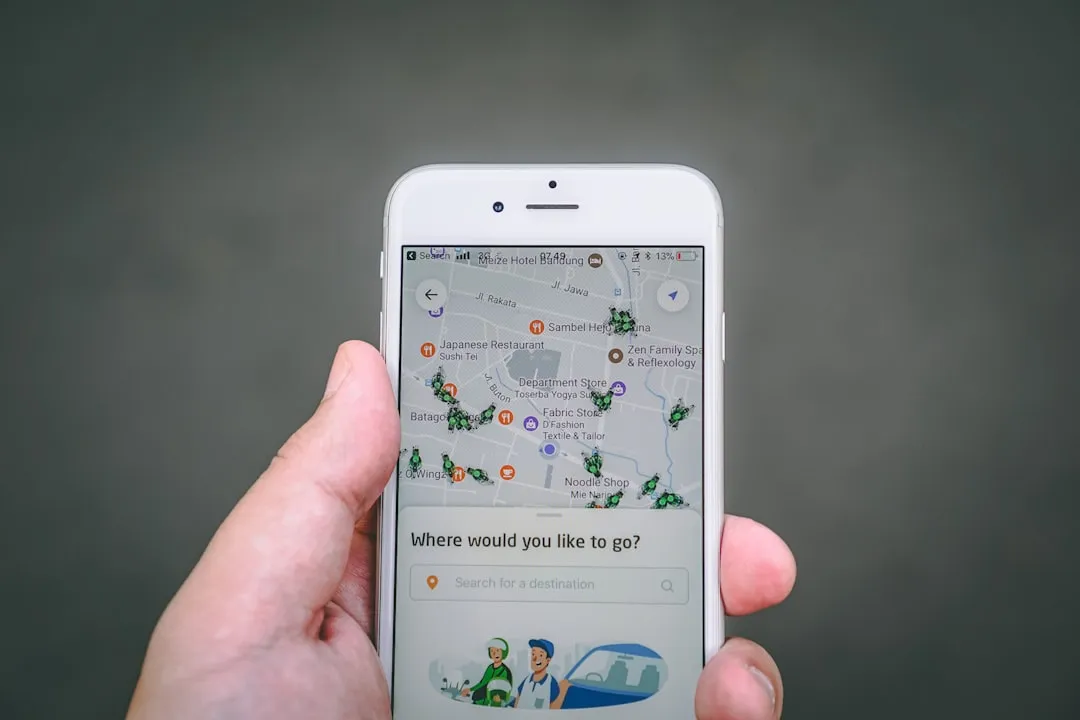
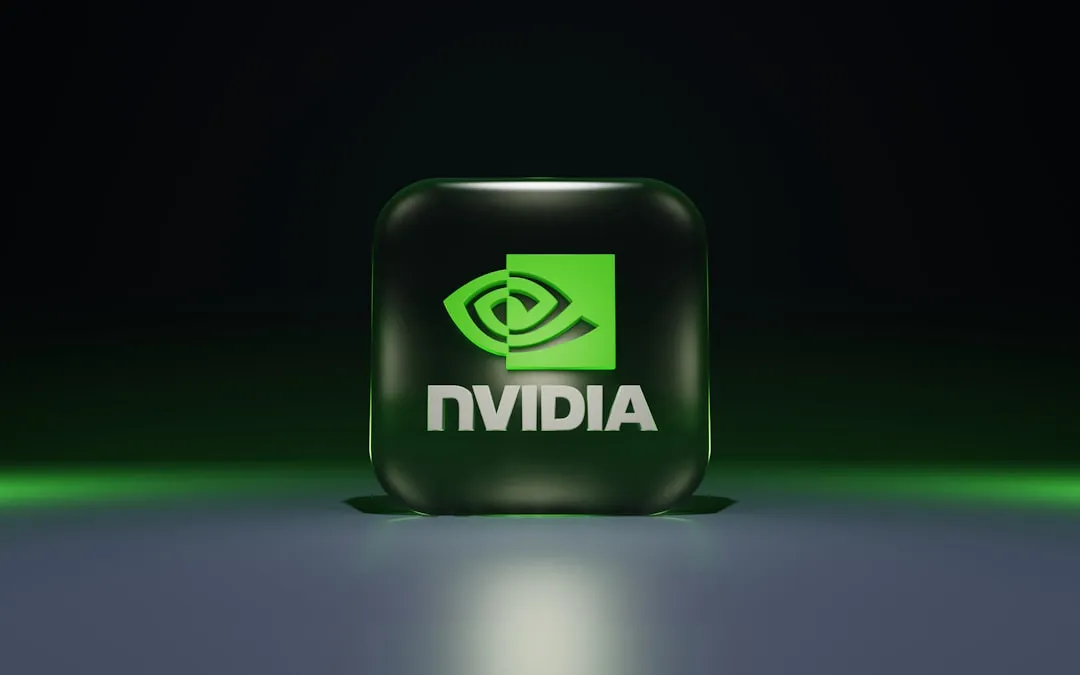


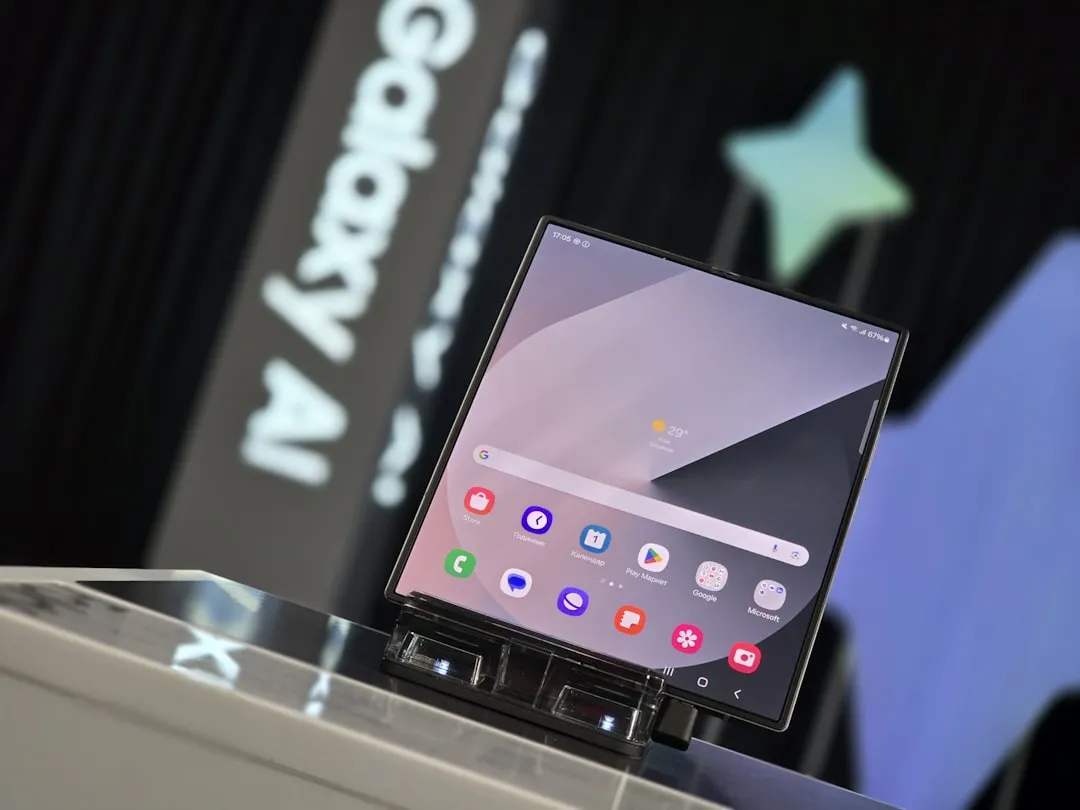


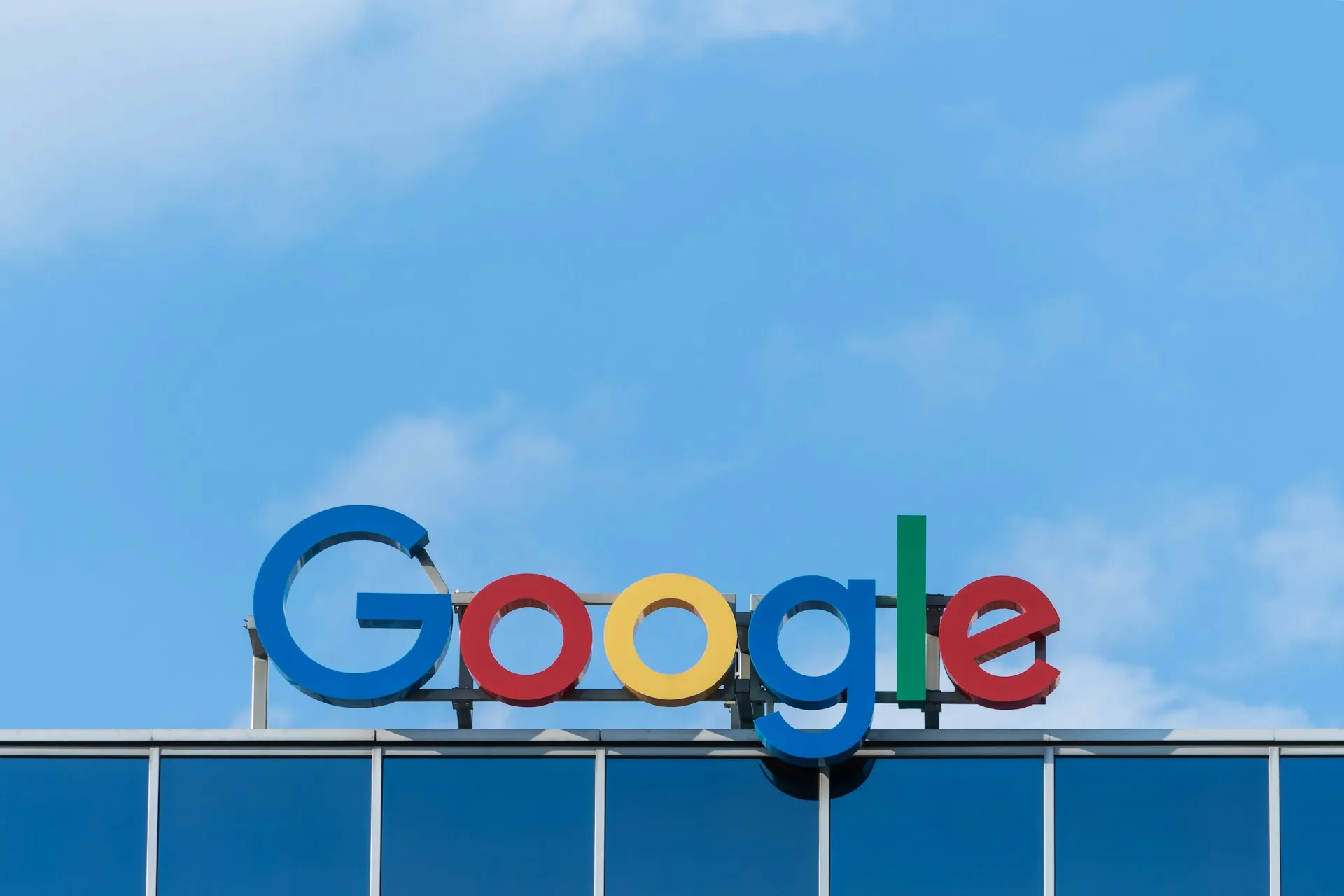
Comments
Be the first, drop a comment!